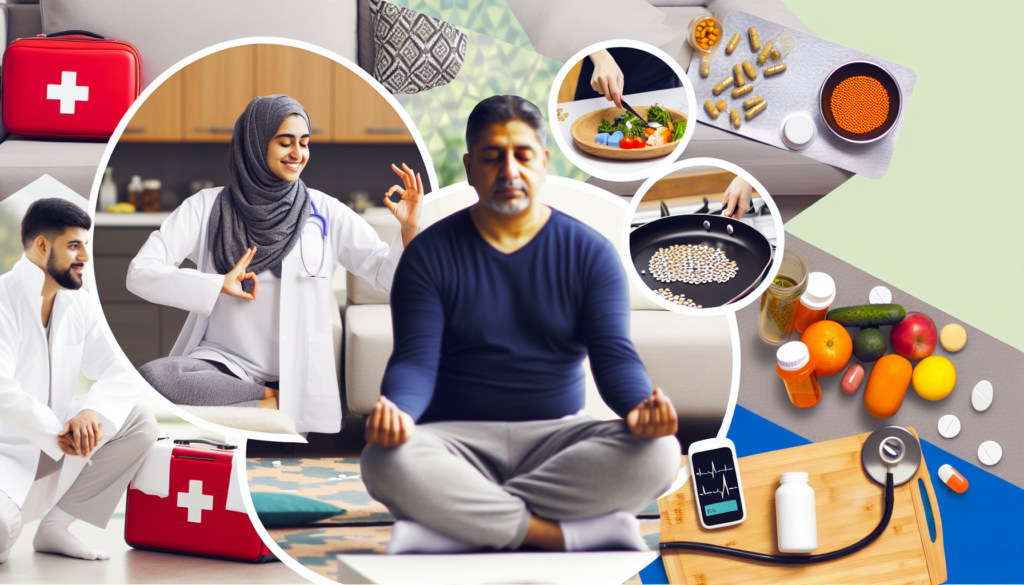Title: Embracing Self-Care: A Key Component in Home Healthcare
Self-care is an integral part of well-being, often overlooked amidst the hustle of our daily routines. But its significance multiplies when we consider home health care. Whether you are a patient, caregiver, or health enthusiast, investing time and effort into your self-care routines can foster holistic well-being, leading to improved physical and mental health.
In the realm of home health care, self-care goes beyond the basic daily activities such as bathing, eating, or dressing. It encompasses multiple facets, including emotional wellness, mental health, and personal growth. For patients managing chronic conditions at home, adopting self-care practices can often be a game-changer that positively influences their overall health outcomes.
The Role of Self-Care in Managing Chronic Diseases
According to the World Health Organization, about 60% of the world’s population suffers from chronic illnesses such as diabetes, heart diseases, and cancer. Managing these chronic ailments at home necessitates a high level of self-care, with patients needing to be aware of their conditions, know how to manage symptoms, adhere to medication plans, and make critical lifestyle changes.
Through effective self-care, patients can take control of their health, potentially reducing the severity of their symptoms, enhancing quality of life, and minimizing the risk of complications. It empowers them to participate actively in their care regimen, promoting a sense of autonomy and self-confidence.
Elements of an Effective Self-Care Routine in Home Health Care
An effective self-care routine for home health care patients should not solely focus on treating the illness. It should also encompass practices that promote physical and emotional well-being. Let’s delve into some essential aspects:
- Physical Activities: Whenever possible, incorporating light physical activities, such as walking or gentle stretching exercises, can stimulate blood circulation and boost energy levels.
- Nutrition: A balanced diet accelerates recovery and fortifies the immune system. Patients are advised to consume nutrient-dense foods, stay well-hydrated, and limit the intake of processed foods.
- Emotional Well-being: Emotional health is as crucial as physical health. Practices like mindfulness, meditation, or engaging in hobbies can reduce stress, lower anxiety, and foster a positive mindset.
- Sleep: Restful sleep is a cornerstone of good health. Patients should aim to establish a regular sleep schedule and create a serene sleep environment.
Supporting the Caregiver’s Self-Care
The importance of self-care extends to caregivers as well. The responsibility of caregiving, although gratifying, can sometimes lead to physical and emotional exhaustion. Hence, caregivers must equally prioritize their health and subscribe to self-care practices to maintain their well-being.
In conclusion, embracing self-care in home health care settings can make a fundamental difference to patients’ overall health outcomes and quality of life, and also to the well-being of caregivers. It equips individuals with the necessary tools to manage their own health and fosters a sense of control and empowerment. Building a supportive community, like all4.health, can further enhance this journey by providing advice, success stories, and coping strategies from similar experiences.



